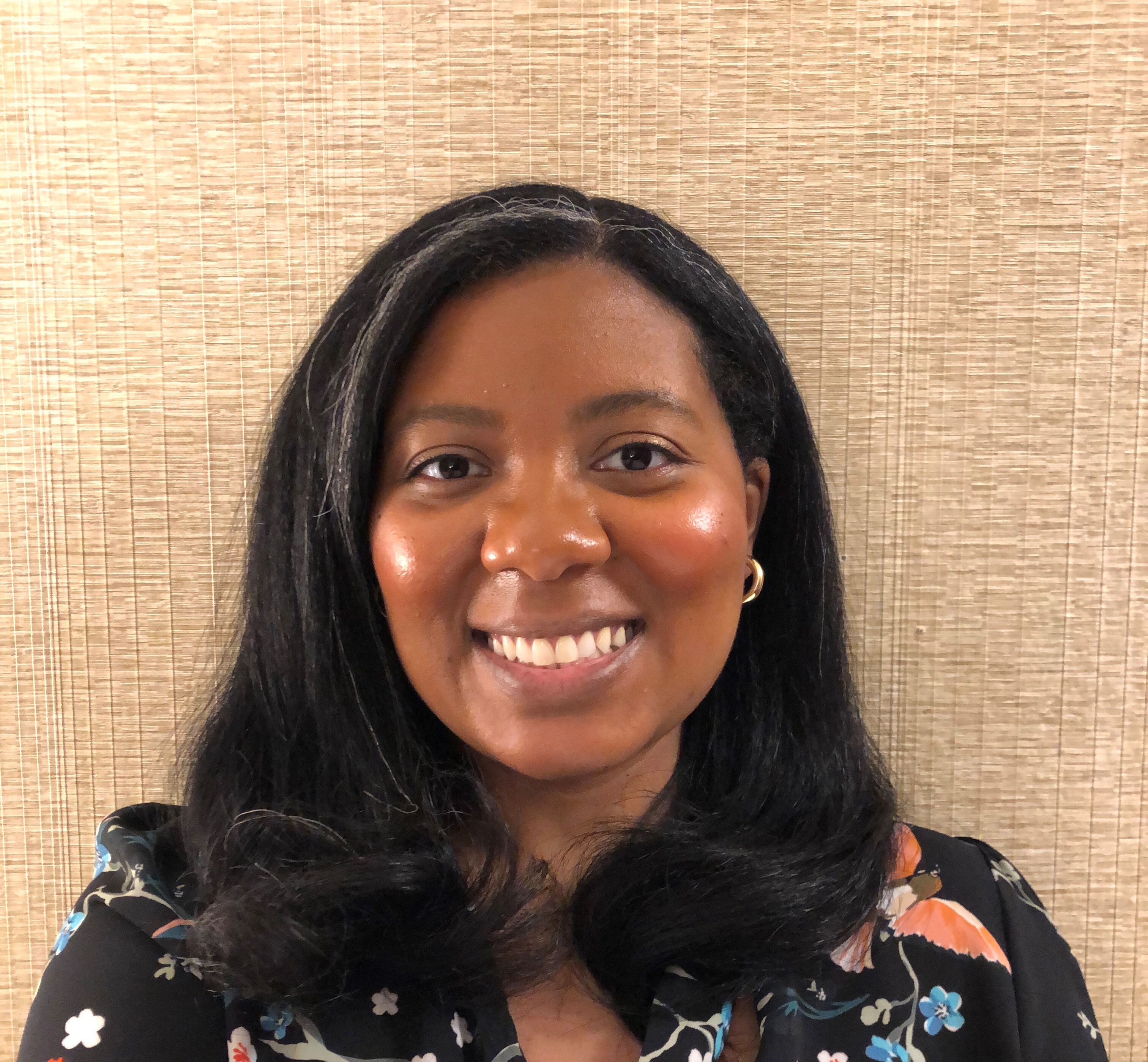
Amber Calloway Recorded Webinar - Delivering Culturally Responsive Cognitive Behavioral Therapy (July 26, 2024)
-
Register
- Non-member - $35
- Member - $25
- Student - $15

Original Airdate: Friday, July 26, 2024
11:00 AM- 12:30 PM Eastern/ 10:00 AM – 11:30 AM Central/ 9:00 AM – 10:30 AM Mountain/ 8:00 AM – 9:30 AM Pacific
1.5 CE Credits Awarded
$15 Student ABCT Members / $25 ABCT Members / $35 Non-Members
Intermediate Level
All prices listed in US currency
Abstract:
Culturally responsive care is an ethical imperative and an important therapeutic relational factor. Although disparities in mental health care outcomes are multiply determined, one potential contributor is cultural differences between clinicians and clients. One approach to bridging cultural barriers is to match clinicians to clients by cultural identity (e.g., race, ethnicity); however, given that the healthcare workforce does not reflect the diverse cultural identities of the treatment seeking population, matching may not always be feasible. An alternative to matching is to better prepare clinicians to provide therapy that is responsive to the cultural identities of each client. This webinar will highlight considerations for adapting interventions to be responsive to clients’ cultural context. Dr. Calloway will discuss the foundation of providing culturally responsive psychotherapy, how culturally-specific stressors may impact mental health, and ways that cognitive and behavioral interventions can be used to lessen distress associated with culturally-specific stressors. Throughout the presentation, Dr. Calloway will use real-world clinical examples to connect these important concepts to practical, applied approaches. The webinar aims to help clinicians feel empowered to use CBT interventions in a manner that is responsive to clients’ cultural identities and contexts.
Presenter Biography:
Amber Calloway, Ph.D (she/her) is an Assistant Professor of Psychiatry at the University of Pennsylvania’s Perelman School of Medicine, and a licensed clinical psychologist specializing in cognitive behavioral therapy (CBT) in community mental health settings. She is faculty in The Penn Collaborative for CBT and Implementation Science, a public-academic partnership aimed at increasing access to CBT and other evidence-based practices (EBPs) in under-resourced community settings. Under this umbrella, Dr. Calloway is a training instructor in the Penn Beck Community Initiative, a program of implementation and research to foster high-quality, sustainable CBT in community mental health care services for diverse levels of care and client populations. Dr. Calloway’s research and clinical work have focused on culturally responsive approaches to the implementation of CBT. Dr. Calloway is deeply passionate about enhancing the quality of behavioral health treatments provided to marginalized populations.
Learning Objectives:
At the end of this workshop, the learner will be able to:
1. Discuss the rationale for a culturally responsive approach to CBT;
2. Identify ways of broaching discussions of cultural identity in CBT;
3. Describe how cognitive and behavioral interventions can be tailored to address culturally specific stressors
Recommended Readings:
1. Day-Vines, N. L., Wood, S. M., Grothaus, T., Craigen, L., Holman, A., Dotson-Blake, K., & Douglass, M. J. (2016). Broaching the subjects of race, ethnicity, and culture during the counseling process. Journal of Counseling & Development, 85(4), 401-409
2. Lee, E., Greenblatt, A., Hu, R., Johnstone, M., & Kourgiantakis, T. (2022). Microskills of broaching and bridging in cross-cultural psychotherapy: Locating therapy skills in the epistemic domain toward fostering epistemic justice. American Journal of Orthopsychiatry, 92(3), 310–321. https://doi.org/10.1037/ort0000610
3. Steele, J. M. (2020). A CBT approach to internalized racism among African Americans. International Journal for the Advancement of Counselling, 42(3), 217–233. https://doi.org/10.1007/s10447-020-09402-0
4. Huey, S. J., Jr, Park, A. L., Galán, C. A., & Wang, C. X. (2023). Culturally Responsive Cognitive Behavioral Therapy for Ethnically Diverse Populations. Annual review of clinical psychology, 19, 51–78. https://doi.org/10.1146/annurev-clinpsy-080921-072750
5. Pan, D., Huey, S. J., Jr, & Hernandez, D. (2011). Culturally adapted versus standard exposure treatment for phobic Asian Americans: Treatment efficacy, moderators, and predictors. Cultural diversity & ethnic minority psychology, 17(1), 11–22. https://doi.org/10.1037/a0022534
****************************************
All attendees will receive a certificate of completion when the course requirements are satisfied. Certificate of completion is included in the cost of the webinar
The Association for Behavioral and Cognitive Therapies incurs significant administrative cost related to your registration before a webinar. Therefore, there are no refunds for live webinars. If you unable to attend a webinar, we will provide you with the recorded version after the live presentation (which is still eligible for CE credit). If you wish to cancel or request to transfer your webinar registration to another webinar please email your request to membership@abct.org.
ABCT is approved by the American Psychological Association to sponsor continuing education for psychologists. ABCT maintains responsibility for this program and its content
The Association for Behavioral and Cognitive Therapies has been approved by NBCC as an Approved Continuing Education Provider, ACEP No. 5797. Programs that do not qualify for NBCC credit are clearly identified. The Association for Behavioral and Cognitive Therapies is solely responsible for all aspects of the programs
The Association for Behavioral and Cognitive Therapies is recognized by the California Board of Behavioral Sciences for Marriage and Family Therapist (MFT) to offer continuing education as Provider #4600
Association for Behavioral and Cognitive Therapies (ABCT), is recognized by the New York State Education Department’s State Board for Psychology as an approved provider of continuing education for licensed psychologists #PSY-0124

